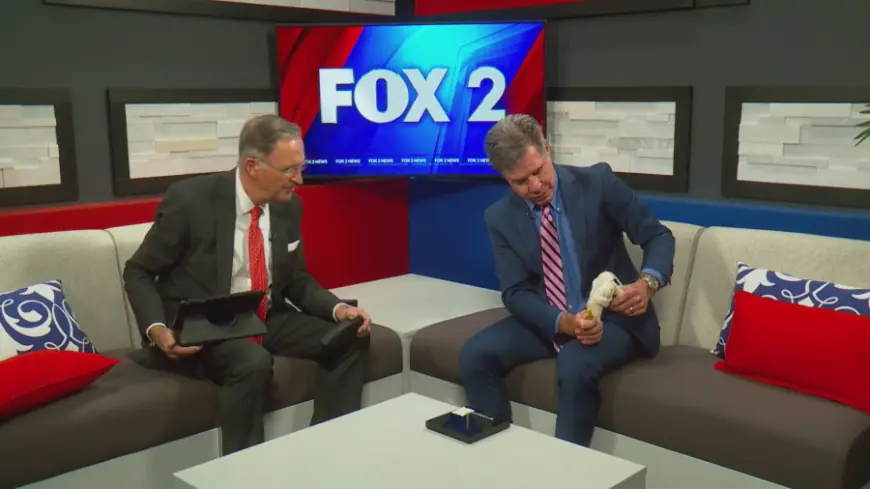FDA-approved procedure helps regrow knee cartilage, easing pain
Dr. Rick Lehman performs the MACI procedure, which uses the patient's own cells to regrow cartilage in the knee, eliminating the risk of rejection and allowing for complete cartilage reconstruction within 6-9 months.

ST. LOUIS -- A newly FDA-approved procedure allows patients to regrow their own knee cartilage using autologous cell implantation. The treatment, known as MACI (Matrix Autologous Chondrocyte Implantation), addresses cartilage deterioration that causes bone-on-bone contact and painful walking.
Dr. Rick Lehman, an orthopedic surgeon, performs the procedure arthroscopically through a 4-millimeter incision. The process involves implanting the patient's own cells onto the damaged area using a specialized device that precisely positions the graft.
Recovery requires six weeks of non-weight bearing activity, with complete cartilage reconstruction occurring within 6-9 months. The treatment effectively resurfaces the joint and can be used multiple times, as doctors can grow additional cells for treating other joints like ankles and hips.
Unlike traditional methods that harvest cartilage from elsewhere in the body or use donor tissue, MACI eliminates rejection risks. The only drawback is the need for surgery. Insurance companies cover the procedure, making it accessible to eligible patients.
Dr. Lehman performs the procedure at his practice in Kirkwood.
What's Your Reaction?









































































































